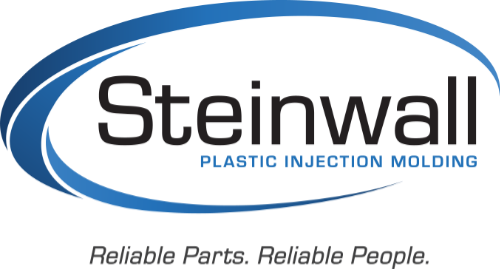Steinwall is always researching and discovering how to help improve the market and saving our customers money. Our team has recently spent much time and research into an intense study performed along with article written that was recently published in an issue of Polymer Engineering and Science journal, one of the most highly regarded journals in the field, serving as a forum for authors of treatises on the cutting edge of polymer science and technology.
The overall idea on the study was to cover the 3 main topics:
- Addressing our customer’s concerns for injection molding tool costs
- Awareness of 3D prints (e.g. additive manufacturing)
- Research solutions and developing a more affordable tooling option using 3D printing
